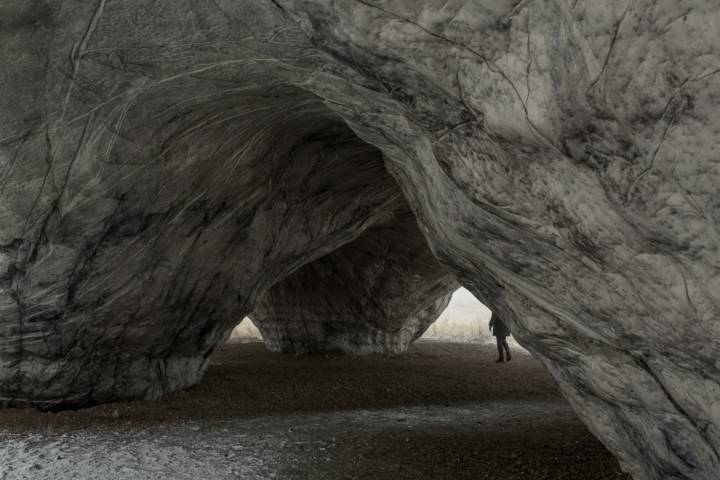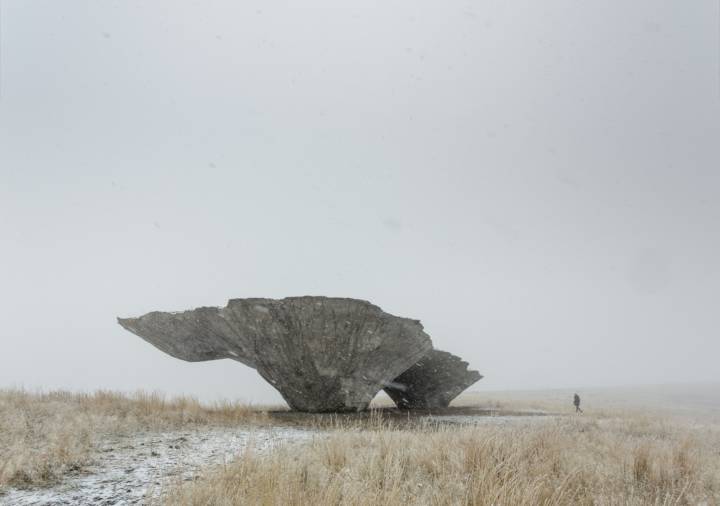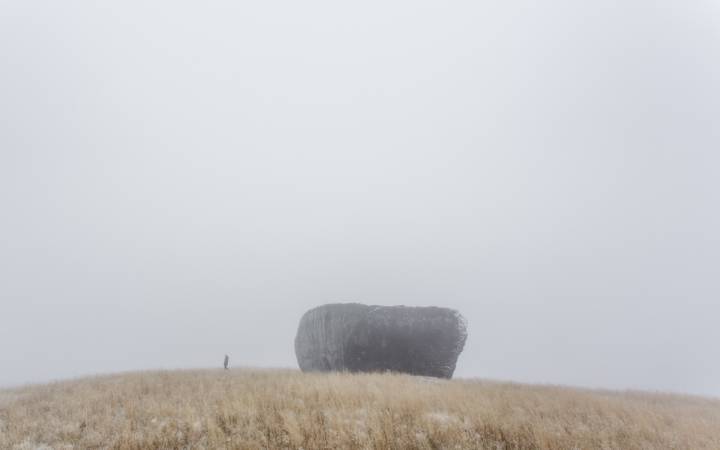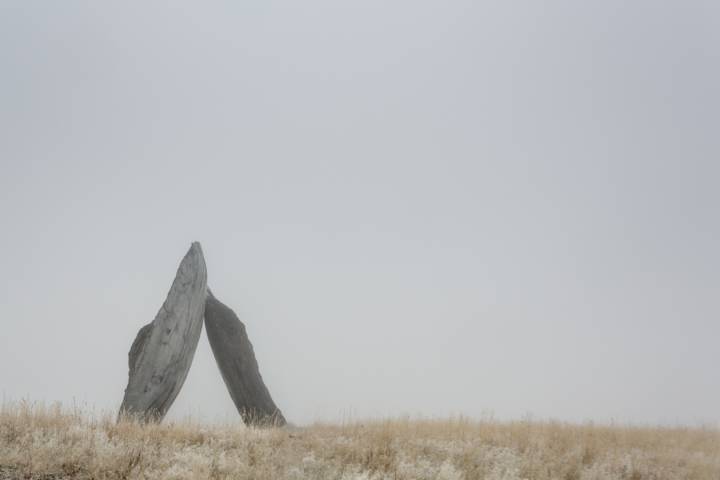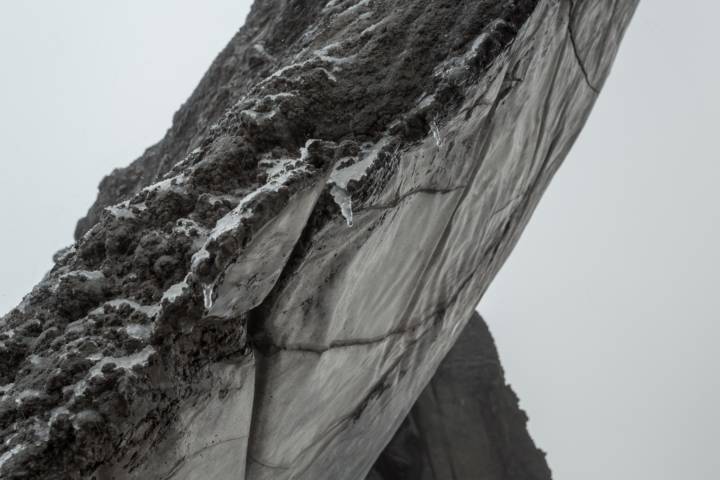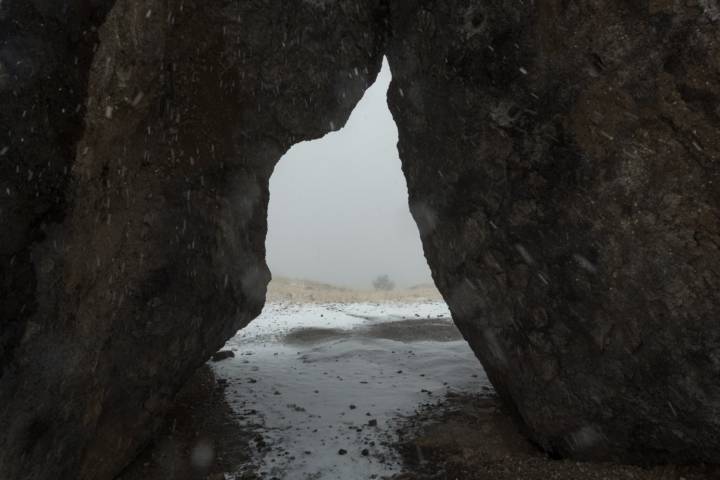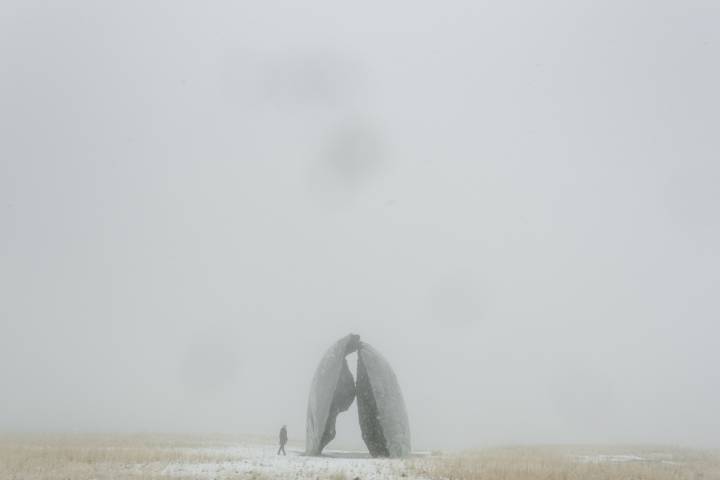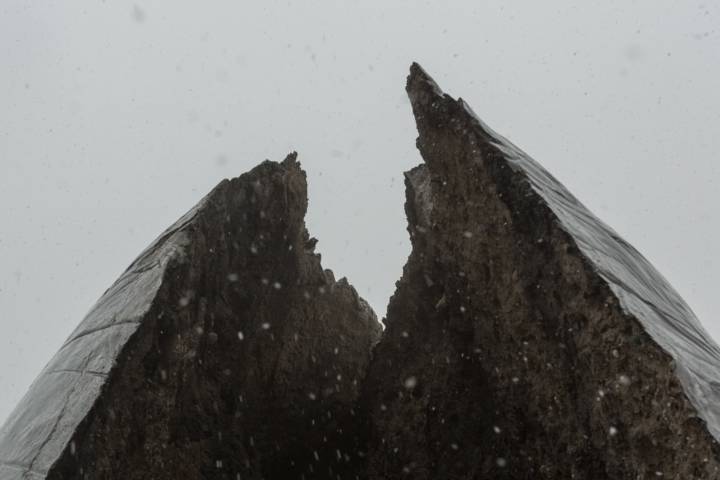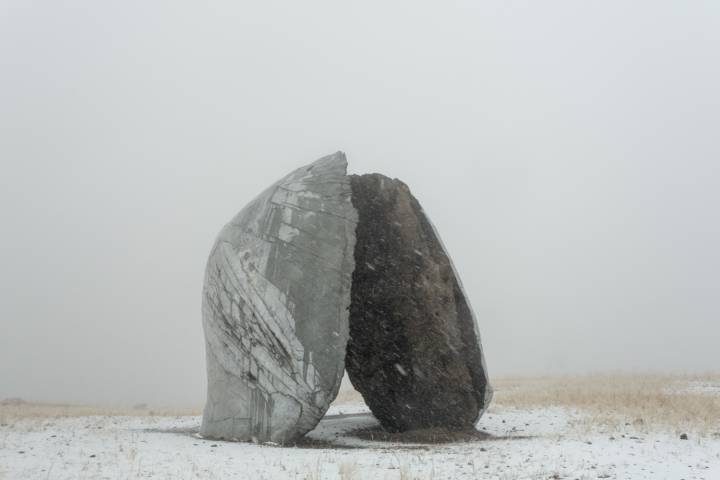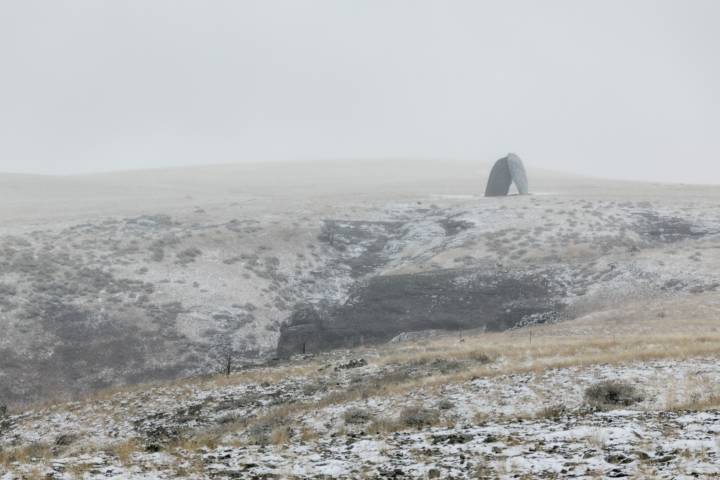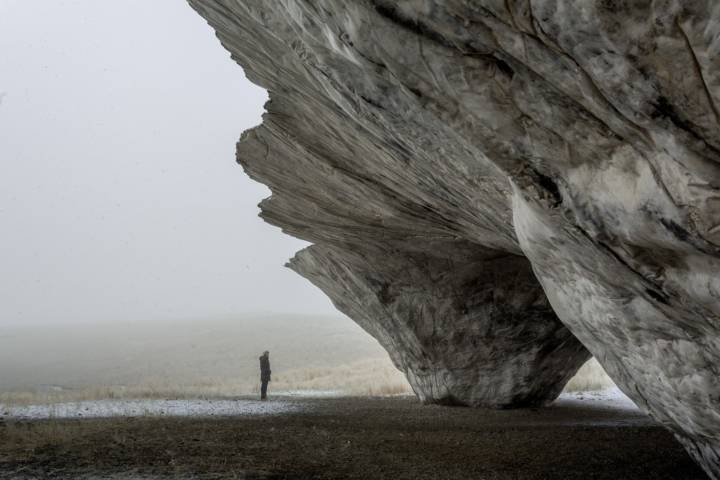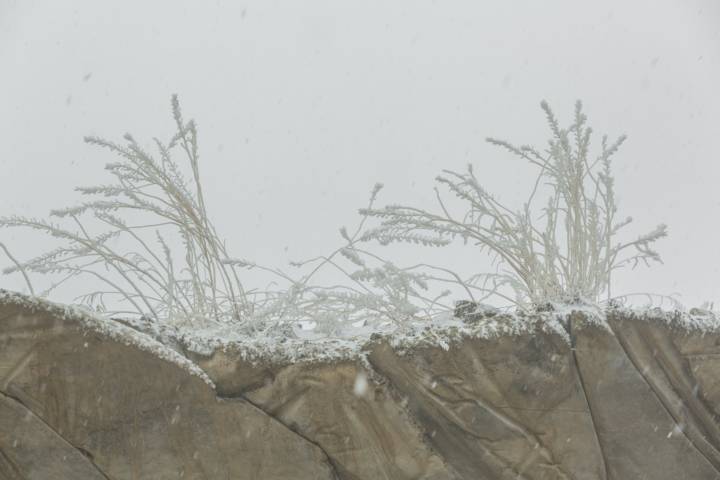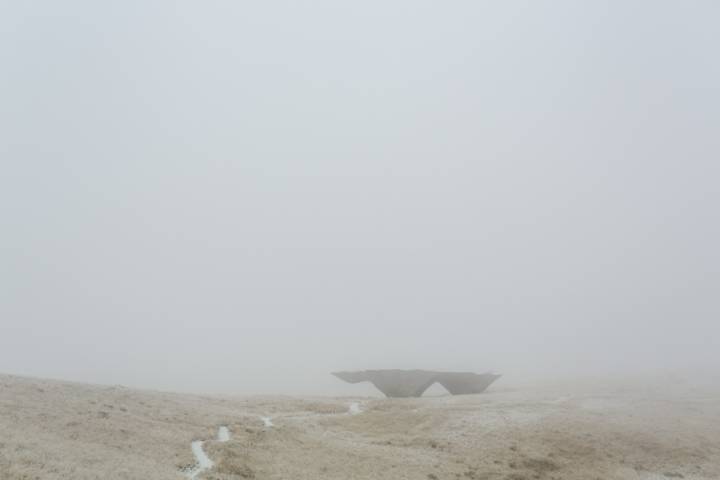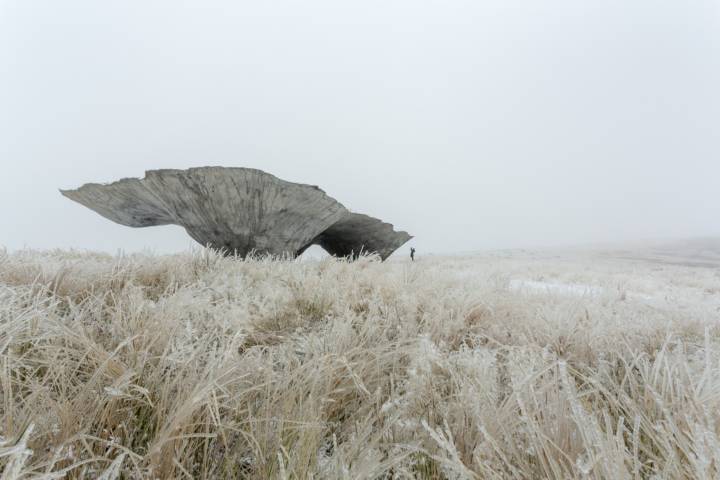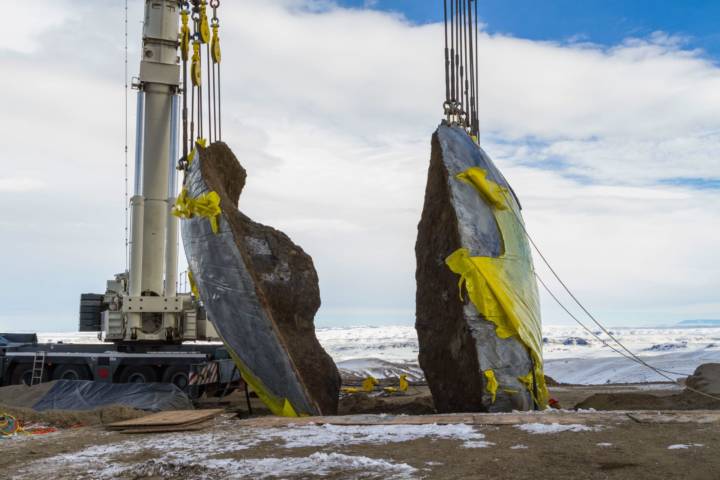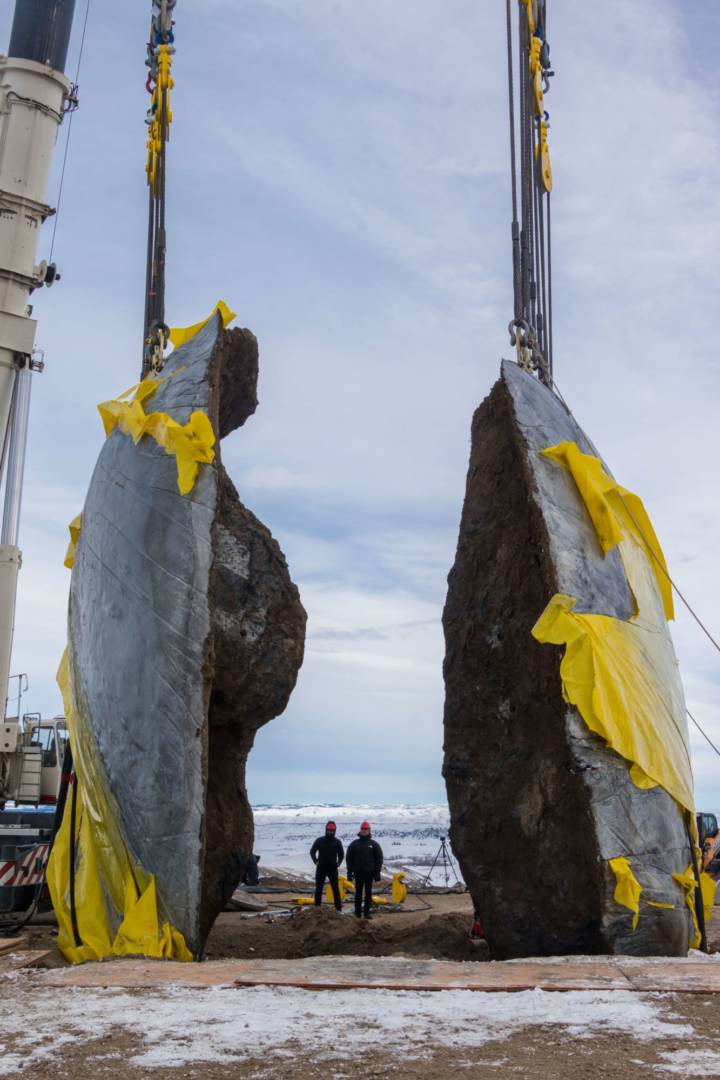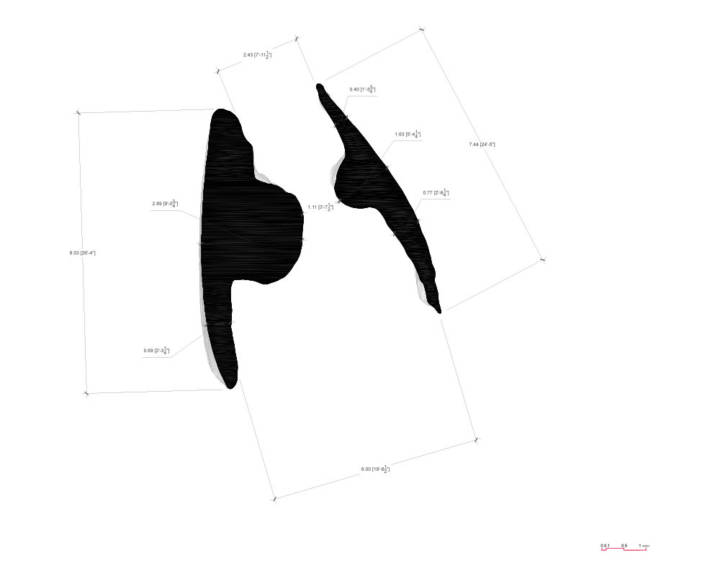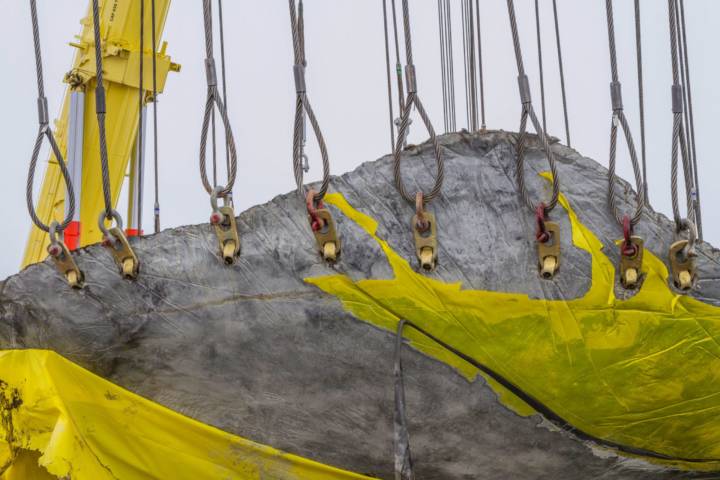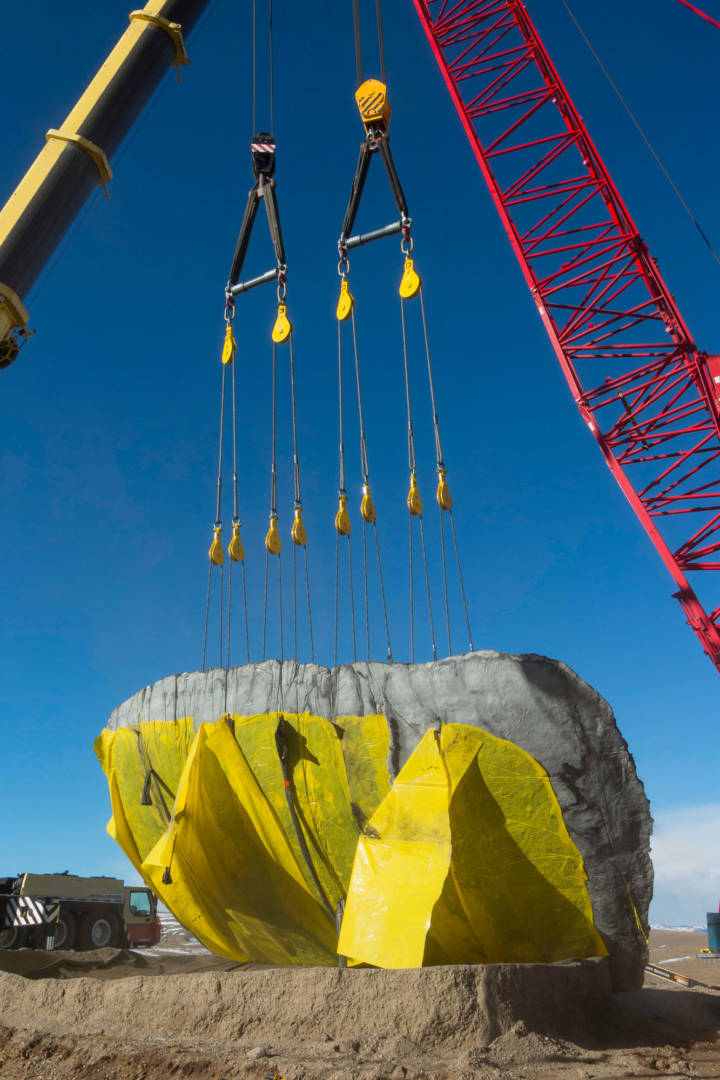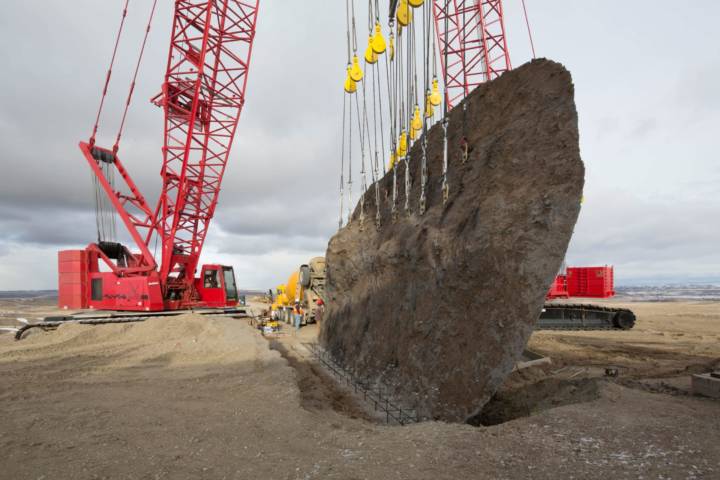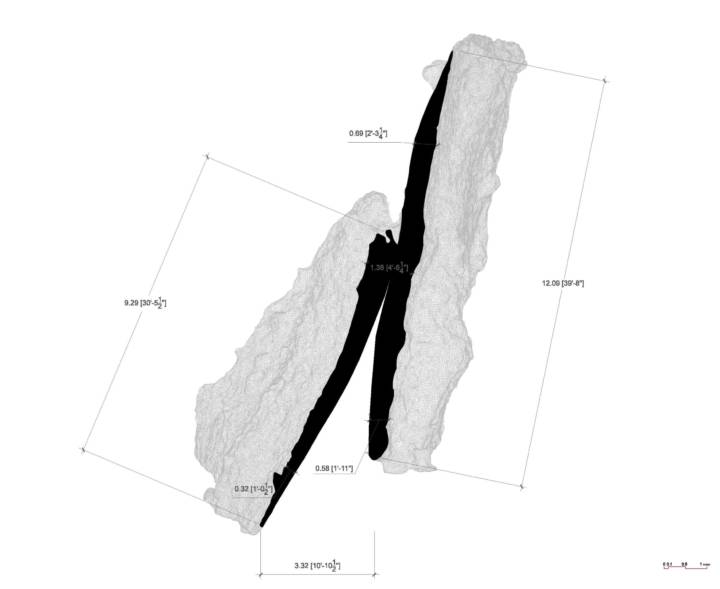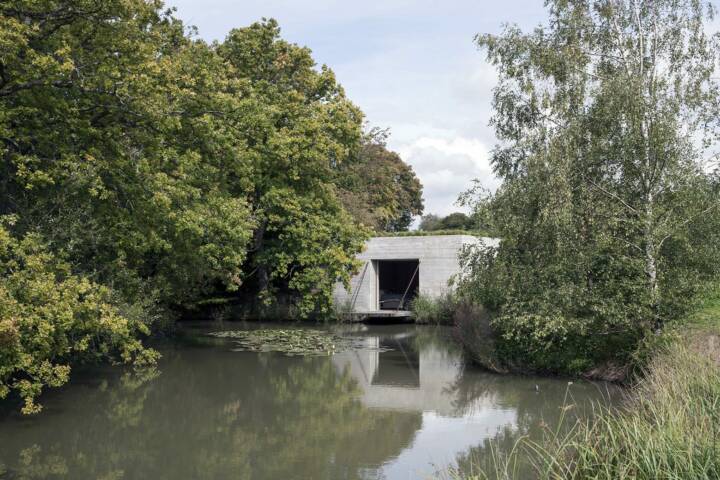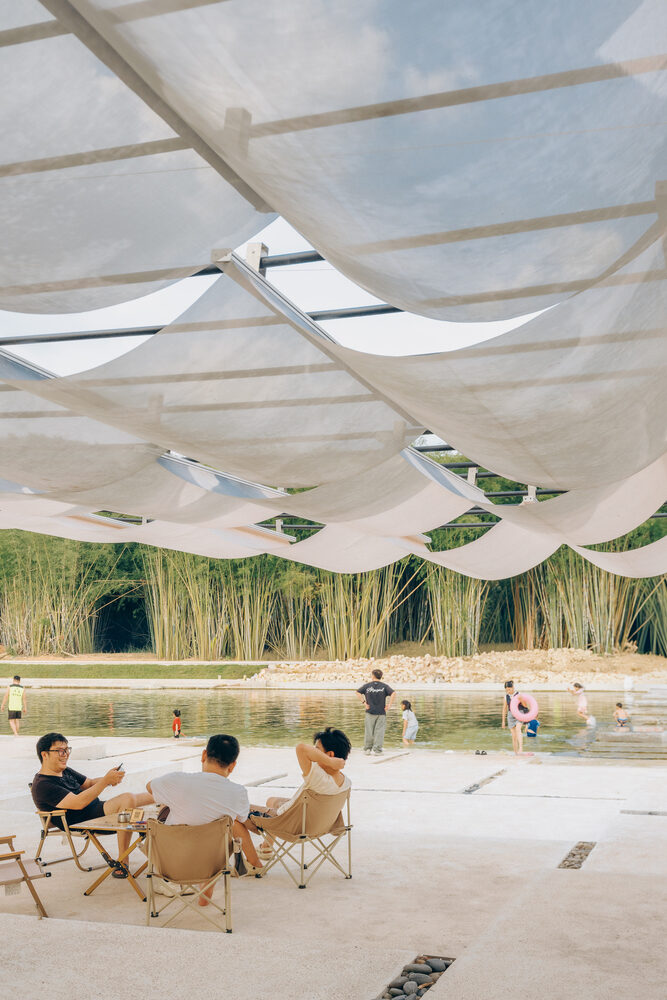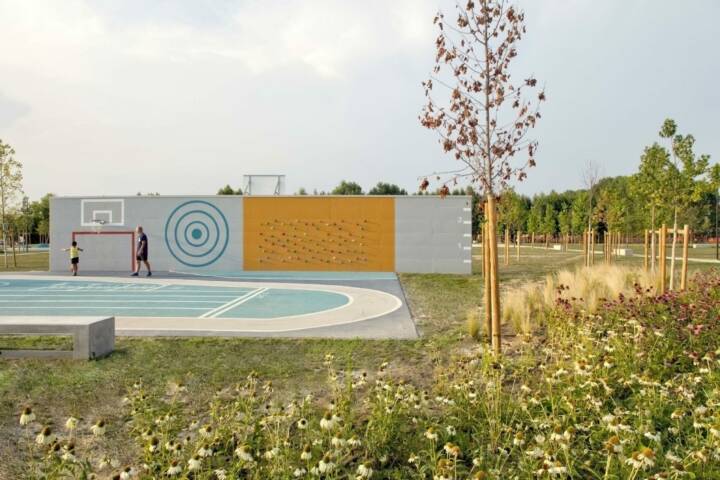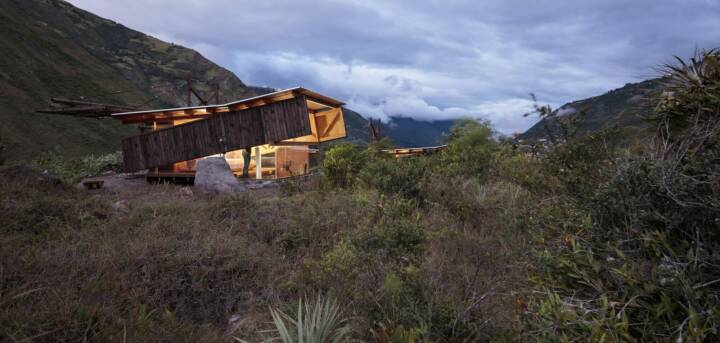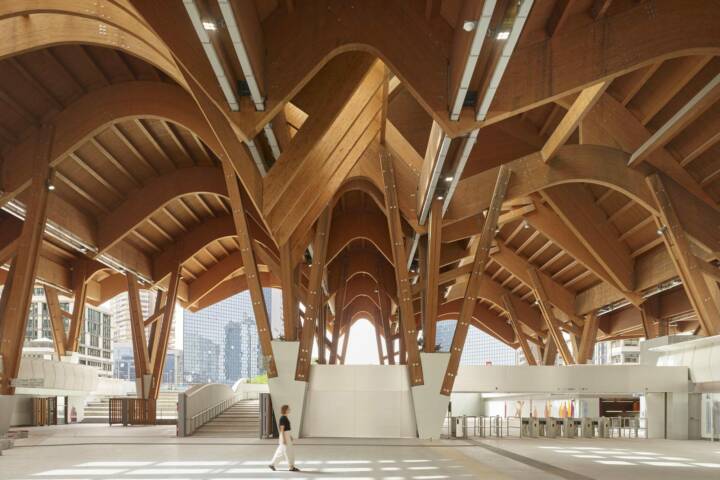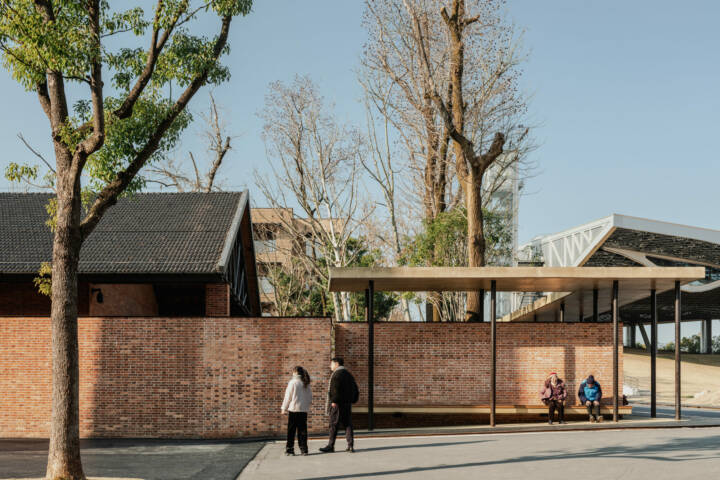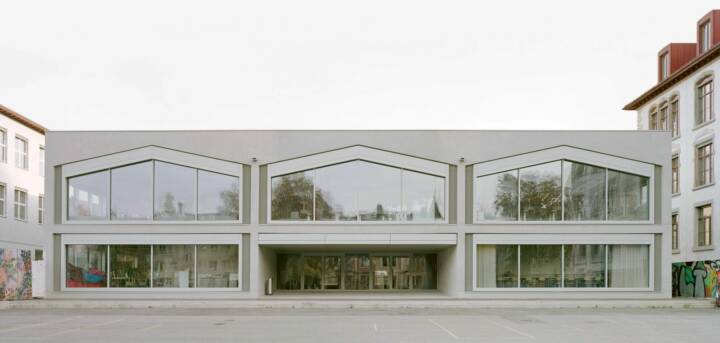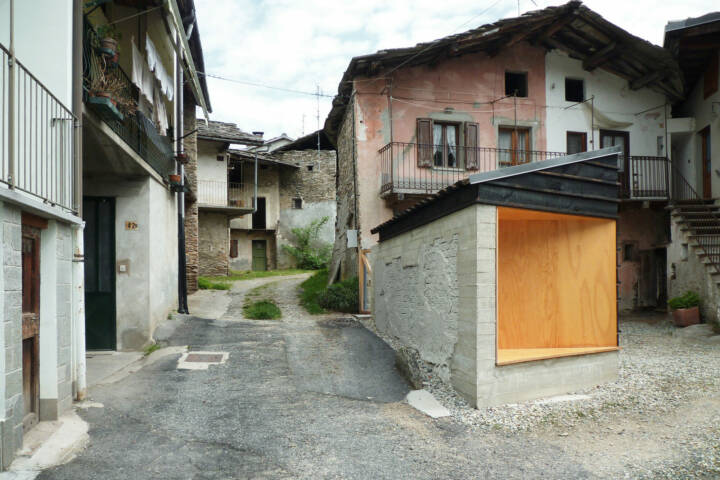Architects: Ensamble Studio Photography: James Florio Construction Period: 2016 Location: Yellowstone, United States of America
Located at the edge of Yellowstone Park in Montana, Tippet Rise Art Center -with an extension of 10,260 acres of wilderness- is born as a new destination for the arts, in which music performances and large-scale outdoor sculptures play a major role.
How the current local fauna and ranching activity can coexist with the added artistic and architectural interventions is a challenge that the project needs to embrace. This challenge has fueled the research that started with our early experiences in the quarry and continued with experiments like The Truffle, advancing the knowledge and appreciation of what preexisting natural conditions can bring to us, as architects and as users of architecture.
Read MoreCloseOnce again we go back to primary elements to configure site-specific architectures in harmony with nature. Working with earth, with rocks, and learning from their formation logic, different techniques and processes are developed to manipulate the structural, acoustical and thermal properties of these local materials at different scales; and geological transformation processes –sedimentation, erosion, weathering, crystallization, compaction, metamorphism- reinterpreted to cultivate structures made of landscape, from landscape. Structures that stir existing matter and reinforce it, using highly engineered processes while welcoming unpredictable results. The forms obtained have been twinned with those taken from the land that previously contained and supported them when in state of rest, from which they retain memory and imprint and to which they introduce new meaning and tension. They are structures of landscape because they are born from it and give it order, transforming matter into inhabitable space and unfolding a new constellation of programs among the plateaus, ridges, canyons and hills of brutal beauty that compose the site.
Structures of Landscape enable habitation without exploitation, and intimate relationships with the environment. They resonate with the immensity, the roughness, the silence and the magic loneliness of the place amplifying its values, and situate our actions in an ambiguous position between nature, architecture and art; they can be one and all, or a completely different category that only makes sense where it was born.
Text provided by the architects.
